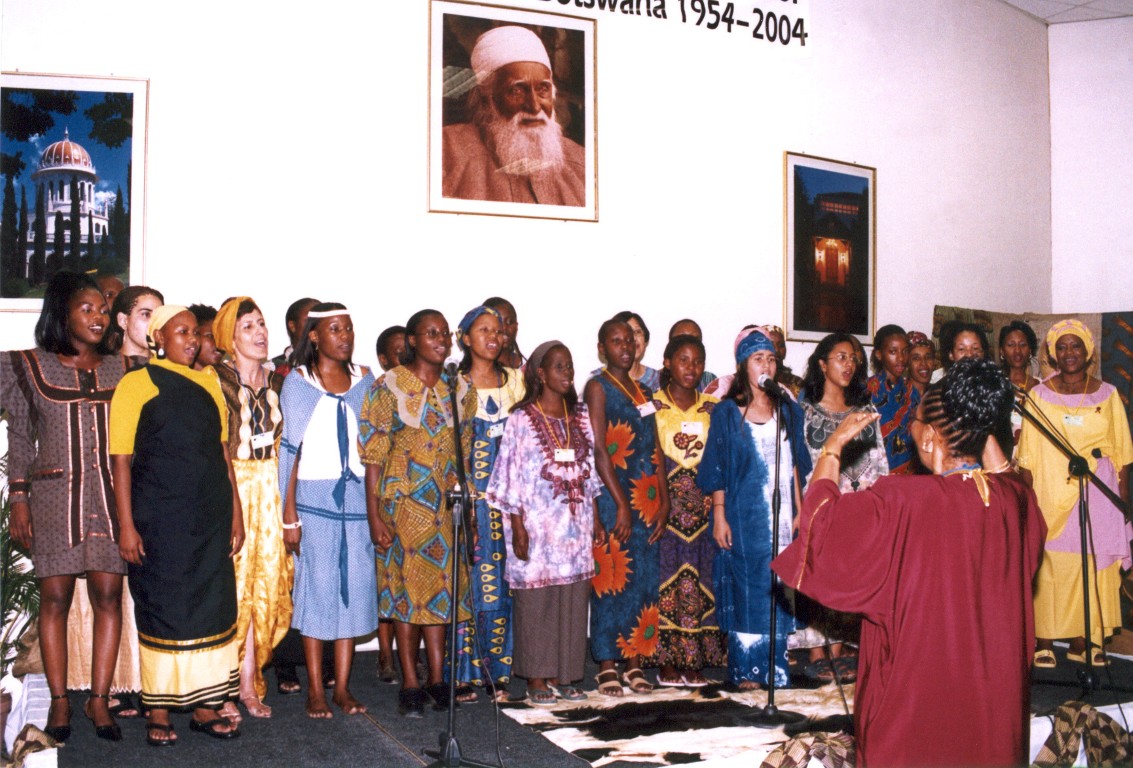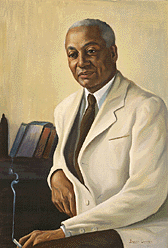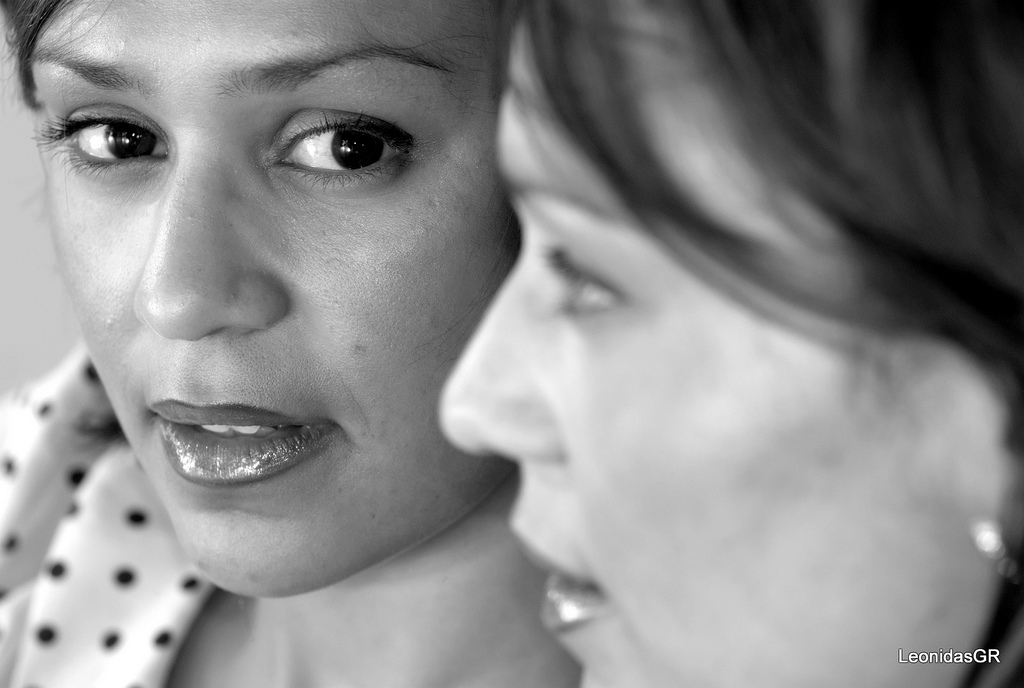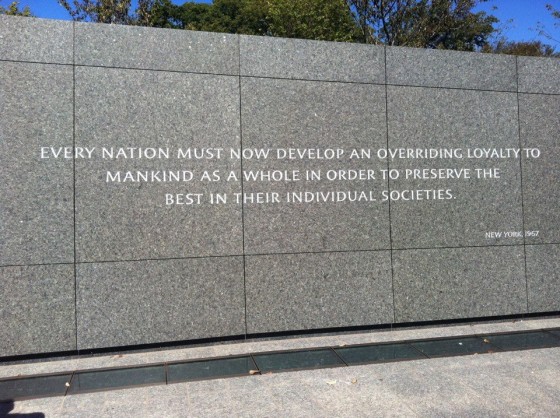racism
Racism operates directly and indirectly to exclude people from real access to equality. Racism feeds unjust policies which deny people categorised as "other": their human rights. Racism can feed social exclusion within communities and in turn breed cycles of hostility and violence. Treating "non-citizens" differently to "citizens", apart from what else it amounts to - amounts to discrimination on the basis of race.
-
Only Water in a Stranger’s Tears
‘It’s only water in a stranger’s tears.’ I start with this line partly because I’ll always get in a musical reference if I can (it’s a lyric from the song Not One of Us, by Peter Gabriel), but also because it sums up to me what defining ‘the other’ (the foreigner) seems to be all about: denying the humanity of a particular group of people. And perhaps nothing defines our humanity as much as our tears, whether from grief, distress, fear, or even happiness. We shed tears when emotion, that quintessentially human experience, overwhelms us. We cry with sympathy, too, and not just for people we know. You’d be forgiven…
-
On the nose: perfumer sparks racism furore
Last month, I discussed a problem of foreignness emerging from France. This month, coincidentally, I again turn to a controversy from France that has gripped the world’s attention—one that reveals how language can create and perpetuate notions of Otherness and foreignness. Jean-Paul Guerlain, who once worked for the famous high-end cosmetics line that shares his last name as its name, has fallen under the media spotlight for racist remarks he recently made in an interview on French television. Out of decency, I will not reproduce his remarks on this blog, but major news media sources across the world such as The Guardian are reporting them. There is no question that…





